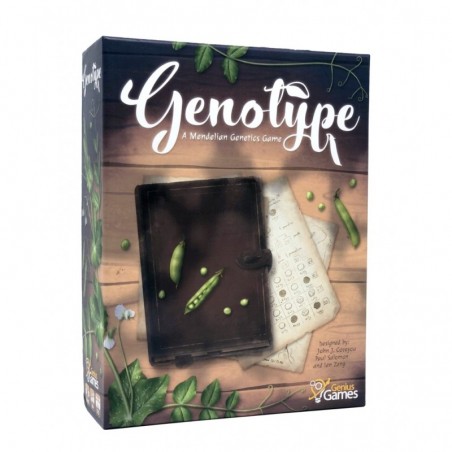
En stock
Agotado


AGOTADO
Este artículo no está disponible por parte de los proveedores y está pendiente de fabricación de más unidades por parte de la marca, sin una fecha programada. Por esta razón, no aceptamos pedidos de este artículo.
Recomendamos activarse la Alerta de Reabastecimiento (a continuación) para que se te notifique tan pronto como vuelva a estar disponible.
Editorial Genius Games
Idioma

Dependencia del idioma (0-4) 0. Ninguna
Núm. jugadores 1 2 3 4 5
Tiempo de juego Entre 1 a 2 horas
Autor Ian Zang, John Coveyou, Paul Salomon
Edad mínima 14
Temas Dice, Educational
Mecánicas Dice Rolling, Drafting, Set Collection, Simulation, Tech Trees / Tech Tracks, Worker Placement
Núm. Cartas
97
Fundas 45x68
Artículos relacionados
En stock
En stock
En stock
En stock
En stock
En stock
Agotado
En stock
Última unidad en stock
En stock
Restock
Agotado
Agotado